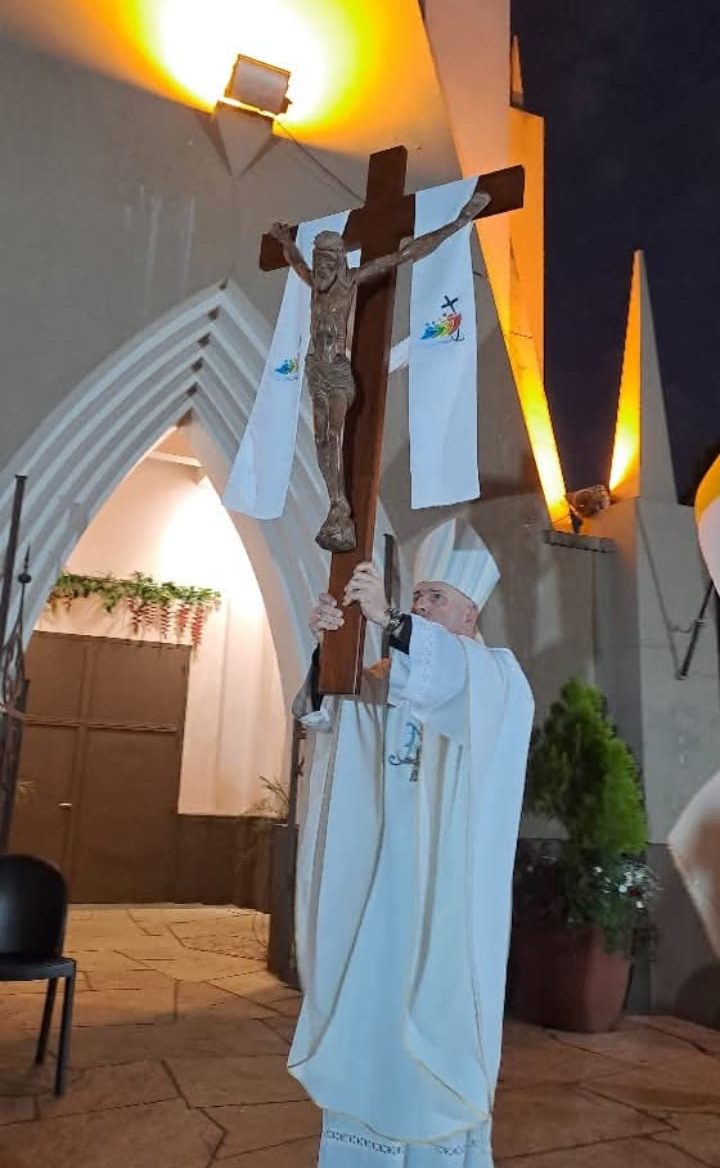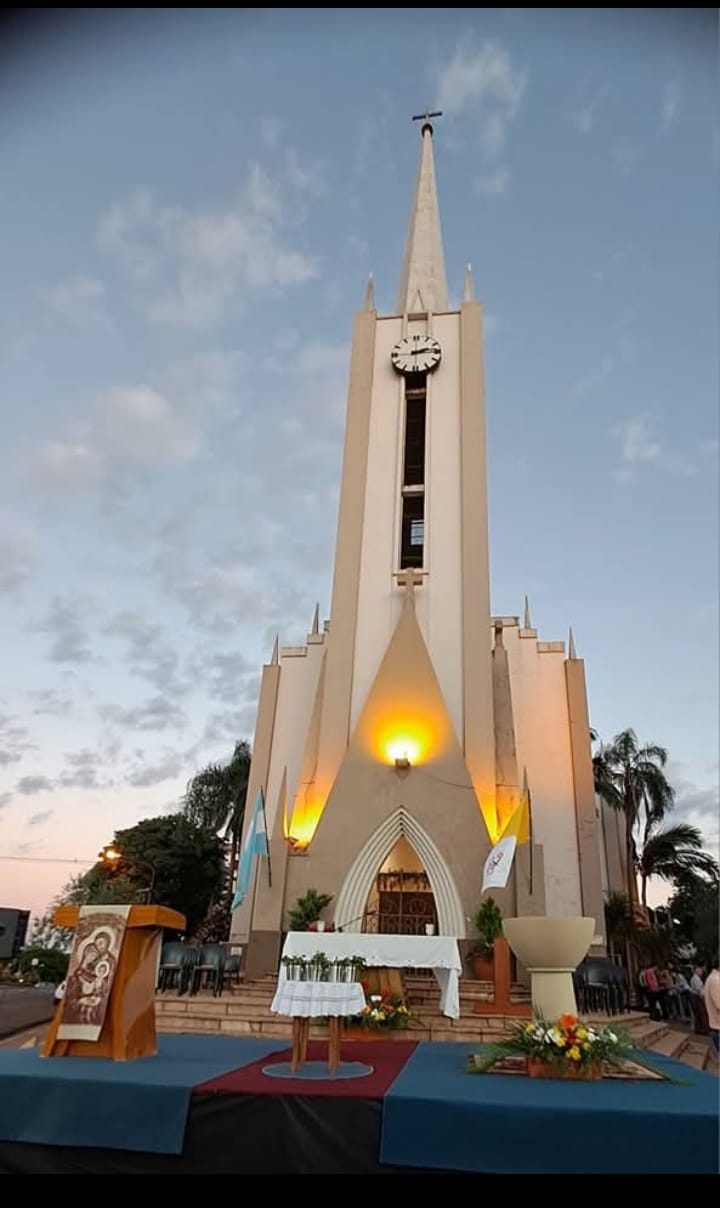Oberá will host a key national meeting for interreligious dialogue

The event will be held in the Diocese of Oberá during August 29, 30 and 31, 2025, and will summon delegates, references and leaders committed to ecumenical and interreligious dialogue. This important meeting will be a unique opportunity to deepen the values of peace, mutual understanding and respectful coexistence between the different expressions of faith and spirituality that enrich our society.
Thanks to the commitment and management of Bishop Damián Santiago Bitar and the Episcopal Commission of Ecumenism, relations with Judaism, Islam and religions of the Argentine Episcopal Conference, it has been resolved that the next National Meeting of Delegates of Ecumenism and Interreligious Dialogue (Endedio 2025) will take place in our beloved city of Oberá, officially recognized as the provincial capital of La Paz in our province of Misiones, the Earth without evil.

In July 2024, the Chamber of Deputies of Mision It puts the common good and consensus above the different thoughts. The project was promoted by the provincial deputy, Rafael Pereyra Pigerl who was interviewed by Ang.
“Headquarters of a national encounter of this relevance means much more than organizing an event: it positions Oberá as the epicenter of the cultural, spiritual and social dialogue in Argentina. It reinforces its identity as a provincial capital of La Paz and as a place where diversity is not only celebrated, but also inspires. The city is presented as a model of coexistence, where different communities find a space to express themselves and enrich each other. These types of events also have a tangible impact on local development. They promote tourism, commerce and national visibility, attracting visitors who not only enjoy Obereña hospitality, but also take a renewed image of the city: a place that harmonizes tradition, modernity and a vision open to the world, ”he said .
The legislator added that “this event distinguishes us and elevates us as a society. In a global context plagued by conflicts, persecutions and divisions, Oberá emerges as a symbol of hope and peaceful coexistence. The power to dialogue openly on faith, in a framework of mutual respect between creeds and cultures, demonstrates that diversity is not a barrier, but a strength that enriches humanity. The ability to collect different voices in a common and harmonious space not only reflects its multicultural identity, but also positions it as a reference of tolerance and understanding. This spirit makes us an example that it is possible to build a more fair and supportive world, despite global challenges.

Silvia Serafin-Torá





